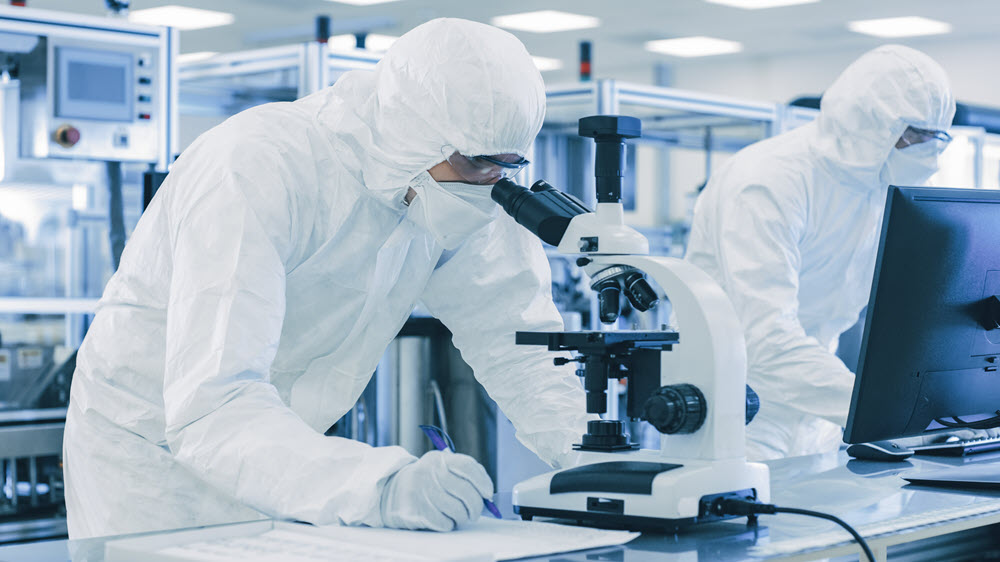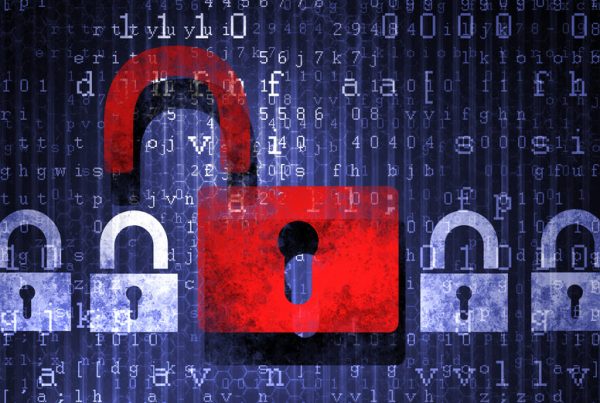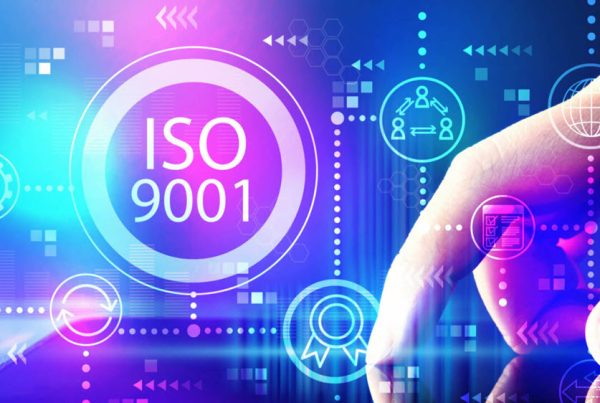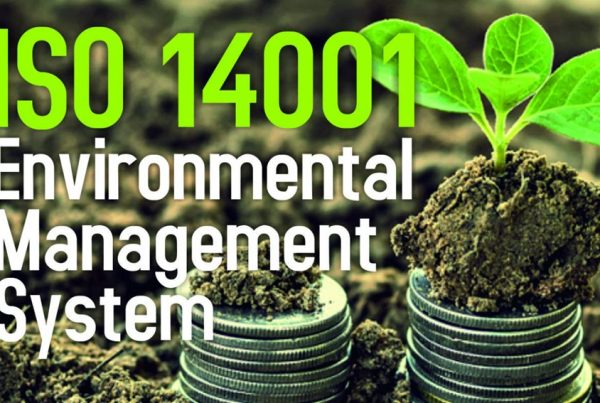Importance of Laboratory Accreditation
Test and calibration laboratories can benefit significantly from a practical and thorough assessment by an accreditation body, as part of the process to get laboratory accreditation to ISO 17025.
In addition to the laboratories benefits, then it also adds value to their customers, partners as well as the general public where decisions related to medicine, buildings and structures amongst others are reliant on results from the laboratory.
What is Laboratory Accreditation?
There is no doubt that laboratory accreditation is getting approval at global level for regulatory and procurement purposes. Likewise, for product acceptance the key factor is confidence in test data. Most importantly, users want to have guarantee about high-quality products as well as proper means for supplier evaluation without bearing the expenditures related with auditing all suppliers. When a laboratory meets the accreditation criteria, then it is considered reputable for acceptance of test data at global level. In this aspect, ISO 17025 is the most acknowledged standard for the purpose of laboratory standardisation and testing. In the ISO 17025 standard the overall requirements for laboratory competence are defined in a clear way.
Moreover, this standard forms a model for the accreditation of different types of laboratories across various industries. The acknowledgment of such competence normally involves the laboratories getting accredited to the standard. With the accreditation, customers have an essential guarantee that the laboratory they are working with is in compliance to those standards and have international recognition.
Getting the Laboratory Accreditation
The main step is an onsite audit when getting a laboratory accreditation to ISO 17025 from a well-recognised accreditation body (for UK, only UKAS can provide such an accreditation). As part of the audit, the auditee needs to have an understanding of the ISO 17025 standard, but more importantly, he/she must possess adequate and in depth understanding of the specified tests they want to be accredited for. It must be kept in mind that if a laboratory blindly adheres to the ISO 17025 standard requirements in the absence of a proper management system, then this approach will have a negative effect on the ability to deliver accurate test results.
The ISO 17025 standard is used by laboratories for practical implementation of a quality management system, so they are capable of continuously delivering valid and accurate results. In order to get accreditation, there is a prerequisite for the laboratory to have a satisfactory quality management system in documented form.
Maintaining the Accreditation
In addition to that, a laboratory should conduct its work established on recognised scientific principles. It is ideal to choose industry recognised methods from industry leader and professionals having special expertise in the field. In order to maintain accreditation, laboratories must always keep objectivity and impartiality as its primary concerns. The results delivered by a laboratory should be established on quantifiable amounts. On the other hand, in case of subjective results, they must be formed by individuals who are considered suitably qualified for the given task. Last but not least, for accreditation maintenance a vital component is transparency. The laboratory processes should be assessed through internal and external audits. The rationale behind these audits are that noncompliance and opportunities for improvement can be identified and actions taken to continually improve the laboratory’s management system and its performance.
If you are looking to get your laboratory accredited to ISO 17025, then contact us for a free consultation to see how we can help.





